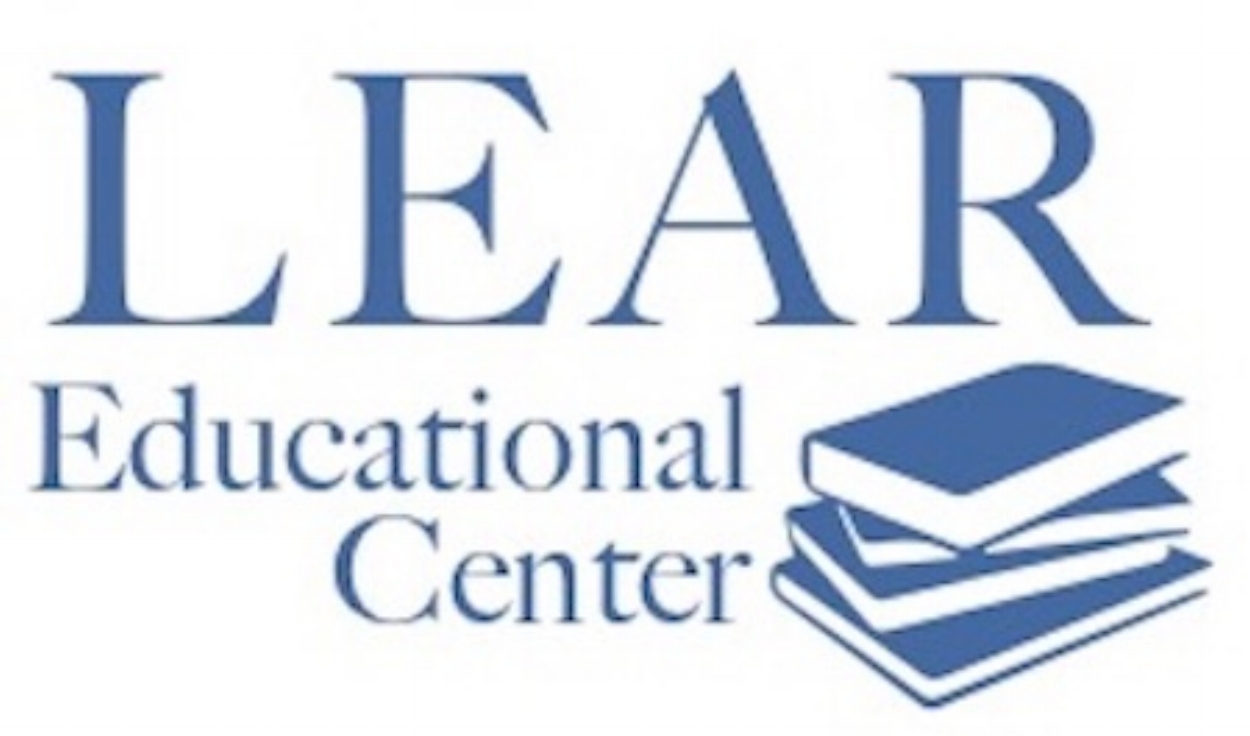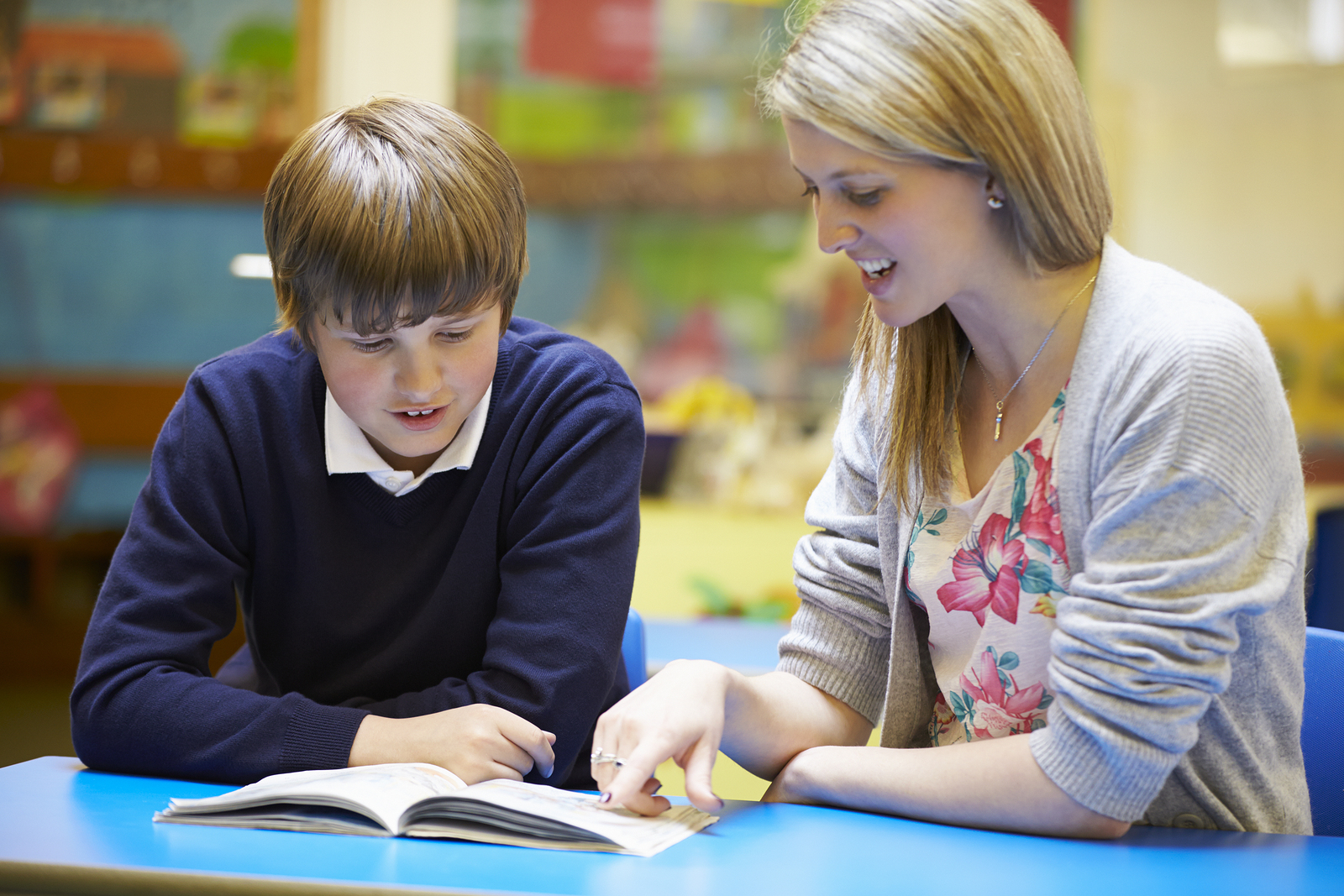Autism Spectrum Disorder and the Challenges of Back to School
/Autism Spectrum Disorder, a neurodevelopmental disorder, is estimated to affect one of every forty children ages 3 through 17 in the United States. ASD is characterized by difficulties with speech and nonverbal communication, unusual and repetitive behaviors, difficulty with changes in environment and routines, social challenges and as well as unique strengths.
There are three main types of Autism Spectrum Disorder:
Autistic Disorder with significant language difficulty; social and communication challenges; repetitive behaviors such as hand flapping, rocking and spinning; obsession with unusual objects and often an intellectual disability.
Asperger Syndrome with milder symptoms of Autistic Disorder. They might have social challenges and unusual behaviors and interests, yet they have normal language and intellectual ability.
Pervasive Developmental Disorder– Not Otherwise Specified (PDD-NOS) with milder and fewer symptoms than with autistic disorder yet which might cause social and communication challenges.
For some students with Autism Spectrum Disorder, returning to school after a long vacation may present an especially significant challenge. Many of these students struggle with social skills and require structure and predictability to feel comfortable. They tend to rely on familiar surroundings, familiar faces, and specific routines and timing for daily activities. They may also have ritual patterns of behavior, exhibit repetitive behaviors, have preoccupations with cherished possessions or become intensely focused upon activities which serve to provide them with a sense of stability. They may react to a change from vacation time at home to class attendance in a school as to a dramatic upheaval in their lives.
Lacking the flexibility which would allow them to readily adapt to the school day environment and structure, many students with autism spectrum disorder become overwhelmed. Their self-regulation skills falter and they cannot settle into the new classroom with new faces or pay attention to what it is being taught. These students find it difficult to get organized and difficult to express their confusion. They become anxious, frustrated and distressed. They may not have grasped enough from the class day to complete a homework assignment, increasing their stress and anxiety and making them unwilling to return to school the next day.
Having basic knowledge regarding the subject material being presented in the classroom provides a sense of familiarity to help alleviate the student’s stress and to increase his receptivity to the new learning. Reviewing and reinforcing past learning, as well as filling in any knowledge gaps, provides a strong foundation for the student’s progress. When the student can make the connection between what he knows already and what he is being taught, he is more at ease and self-confident, more inclined to focus and pay attention, to understand and participate.
Lear Educational Center provides tutoring designed to meet the individual needs of students. We interface with schools, working with the curriculum appropriate for each student to bring him up to grade level and to advance. We accommodate and compensate for learning differences, helping students to meet IEP and remediation goals. We also teach study skills, learning strategies and techniques that help students meet the classroom challenges of today and those of tomorrow.



































